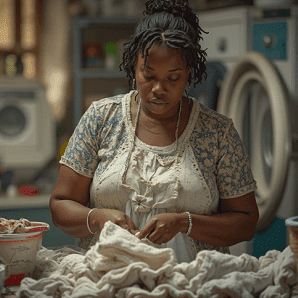New research reveals that where a woman lives can significantly affect her chances of surviving triple-negative breast cancer (TNBC)—and Black women are paying the highest price. A study published in Cancer Epidemiology, Biomarkers & Prevention found that racialized economic segregation is linked to worse outcomes for non-Hispanic Black women with TNBC.
Researchers analyzed data from over 25,000 women diagnosed with TNBC between 2010 and 2015. They found that women living in counties with the highest concentration of low-income Black residents—classified as the most deprived—had significantly higher risks of breast cancer mortality compared to those in the most privileged counties, which had the highest concentration of high-income white residents.
Among non-Hispanic Black women, those in the most deprived areas had a 33% higher risk of dying from breast cancer than those in the most privileged areas. The study also found that all-cause mortality was 34% higher for Black women in the most deprived counties.
Despite these stark differences in outcomes, the study found no significant association between residential segregation and the likelihood of receiving treatment. This suggests that the disparities in survival are not solely due to access to care but may also be influenced by delayed detection and broader social determinants of health.
The findings underscore the urgent need for targeted breast cancer screening and intervention efforts in low-income Black communities, where the burden of TNBC is most severe.
See “Racialized Economic Segregation, Treatment, and Outcomes in Women with Triple-Negative Breast Cancer” (June 3, 2025)



